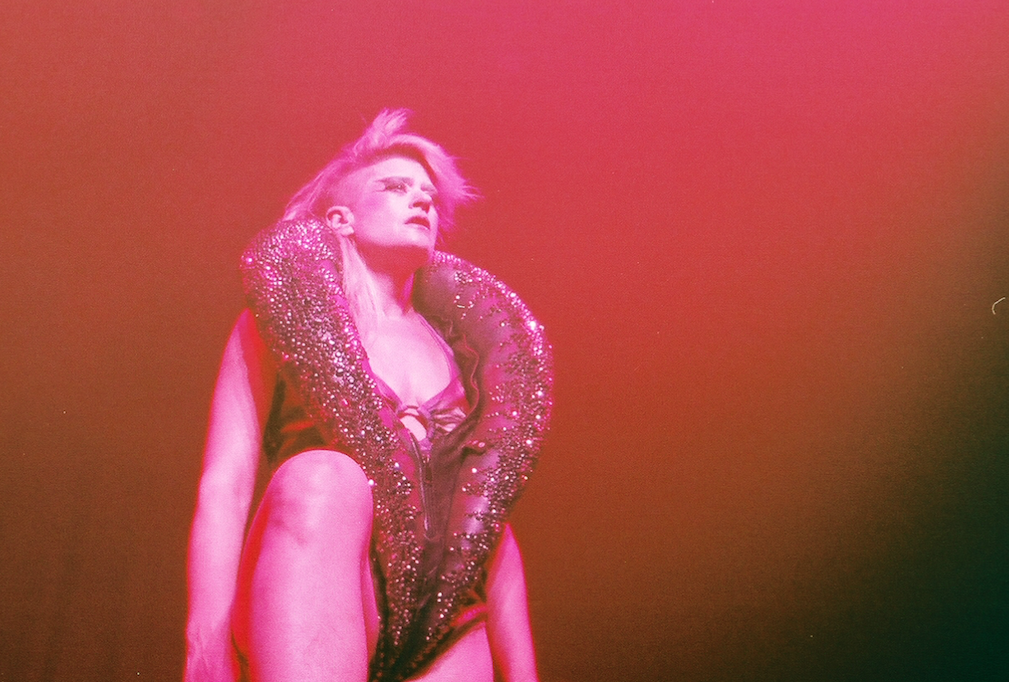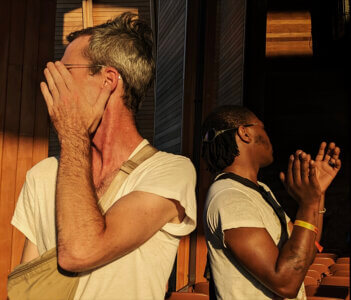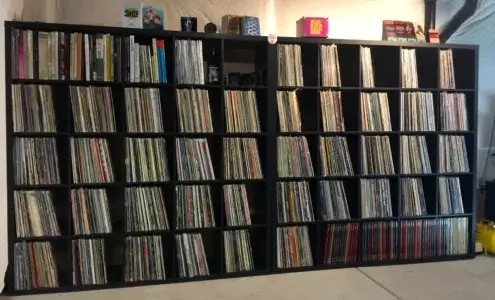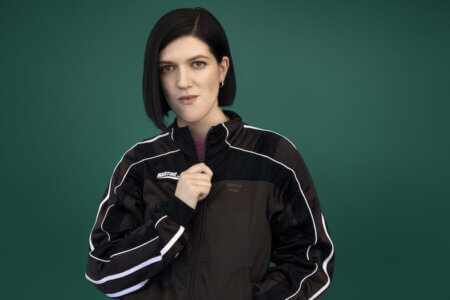Our interview with Peaches

It has been one year since the release of Rub, Peaches’ sixth full album, and the momentum has been steady with tours, videos, and a fresh album of remixes— Rub Remixed was released in June of this year, featuring some of Peaches’ favourite contemporary producers. Northern Transmissions checked in with Peaches on the road.
Northern Transmissions: Lovertits and The Teaches of Peaches came out in 2000, and you’ve been making sexually-charged music for a couple decades. Over this time, has reception to your music changed?
Peaches: I guess there’s always a group that will be sensitive to new stuff that comes out. Especially with Rub, or The Teaches of Peaches or Fatherfucker— every album has their tracks. I’m not really the audience, but it seems like I used to be more weird in peoples’ eyes, and now they see me as important.
NT: On the topic of becoming ‘important,’ artists can reach a status of importance but the role of the artist, on a whole, is still quite undervalued. What advice would you give to emerging artists seeking to make a living from their music?
P: I just did what I wanted to do. I didn’t really try to sound like anything that was out there, and it worked out for me. I don’t know. If you sound like someone else and you really want to be an artist, than you should find your own voice. Just try.
NT: The sexualization of women in the music industry is being discussed more publicly lately, but there is still prevalent stereotyping in the subtle language of music journalism— instances of where women’s voices are referred to as sultry, or the libido of middle-aged musicians are commented on. Are there ways that you have been represented in media that piss you off?
P: Yeah, that’s exactly why I do what I do. Obviously it’s in our faces all the time. It’s part of patriarchal society. It’s why I started what I did. The images did not relate to me because I had to be the object, or I had to be in this certain male gaze, if you will. And so that’s why I twisted it all around. And it still goes on. We just need to keep calling it out— keep drawing attention to it in ways that make it inclusive, not in ways that make it combative. That’s why I like to use dance music. I find humour very important as a way of bringing people in.
NT: I especially love the way you avoid comparing people or gender roles in your lyrics. You blur the lines between genders, but you also demonstrate that there are no lines to begin with.
P: Everyone just has to realize that it’s not just one or the other. There is all different levels of how you feel, and you have to figure that out and become comfortable in your own body. It really involves sexuality. That’s a huge part of your self. People sometimes want to take away that right or deny that right because of fear — certain religious or political [groups] find it easier to keep people a certain way, so that they can control people. Not to sound super paranoid, but just keeping’ it real.
NT: You have been touring Rub for over a year now. How has that been going?
P: It is an ongoing up and down, like everyday life. You have to realize, you have to take care of yourself. We’re all just starting to get sick and we’re not even partying. We’re just trying to keep it together. It’s not easy. It’s fun and there are a lot of privileges. But also, you really have to take care of yourself.
NT: I imagine. Your performances are colourful, theatrical and high-energy. You are moving constantly. Do you write music in consideration of how it will be performed?
P: Actually not, which I really like, even from the beginning. I like the song to write itself. I like to imagine the visualization of how they will be performed, and also, because of course I make a video for every song, how it would translate into that kind of art form.
NT: You released Rub Remixed in June, featuring remixes of your songs done by some of your favourite producers. Is there anyone else producing music lately that really excites you?
P: There is one girl out of Montreal named Foxtrott. I think she’s great.
NT: What are your five most influential albums?
P:
Diamanda Galás — The Singer
PJ Harvey — 4-Track Demos
Suicide — Suicide
ESK — A South Bronx Story
Missy Elliott — Under Construction
Interview by Brit Bachmann.
Latest Reviews
Tracks
Advertisement
Looking for something new to listen to?
Sign up to our all-new newsletter for top-notch reviews, news, videos and playlists.









